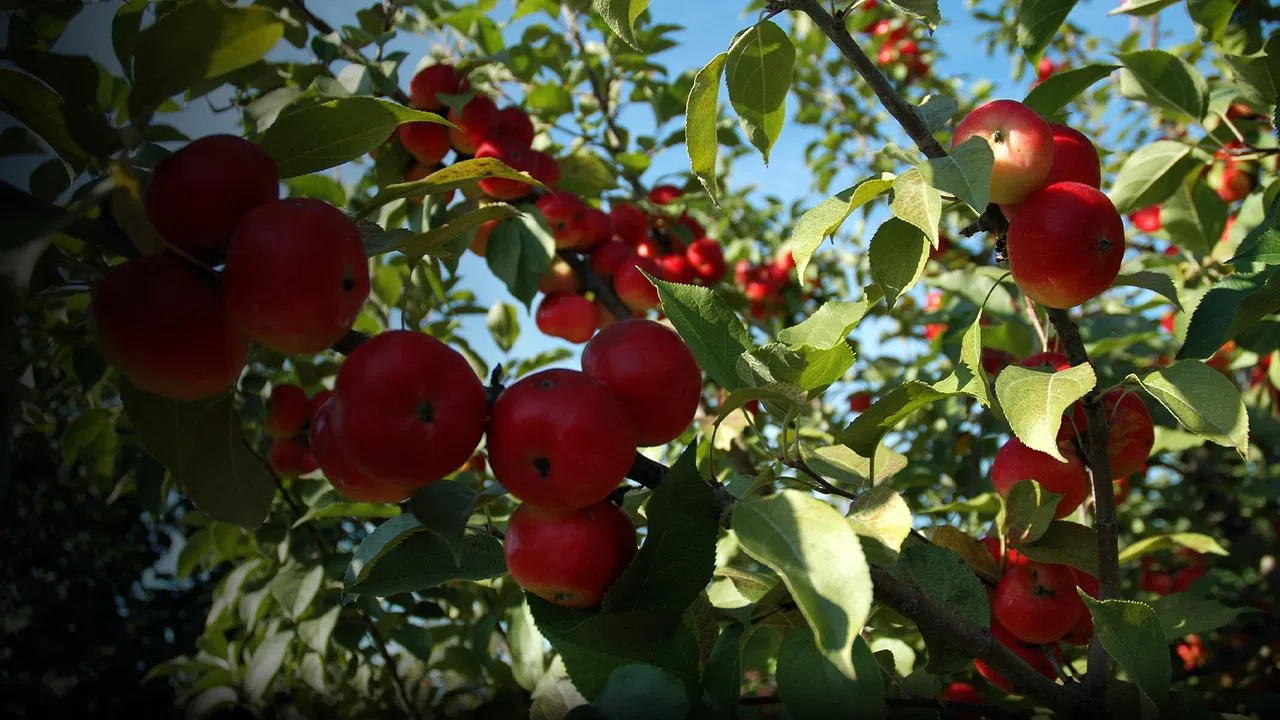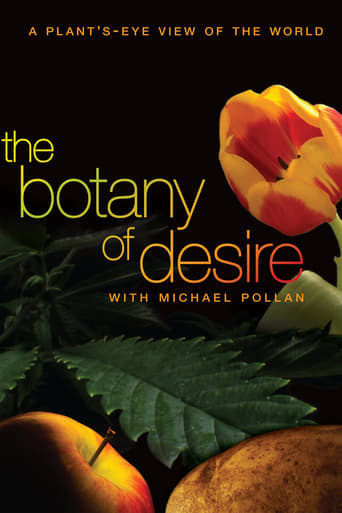Redwarmin
This movie is the proof that the world is becoming a sick and dumb place
PiraBit
if their story seems completely bonkers, almost like a feverish work of fiction, you ain't heard nothing yet.
Teddie Blake
The movie turns out to be a little better than the average. Starting from a romantic formula often seen in the cinema, it ends in the most predictable (and somewhat bland) way.
Sameeha Pugh
It is encouraging that the film ends so strongly.Otherwise, it wouldn't have been a particularly memorable film
psaygin
Wow, pretty cool.I watched this on netflix and have not read the book.This movie takes a journey through the history of our world through a view you likely have not taken before.Although the focus switches from plant to plant (and even acknowledged throughout, such as the tulips in the background at the Amsterdam coffee shop), the concept is the same throughout, the plants' eye view of the world. They are mirrors to human nature, and have evolved around us, and in doing so, have had us evolve around them. If you don't like this theme, this movie is not for you.A bit uneven in parts but it is a compelling concept. That view of nature and humans' role in it is refreshing to see represented.
Edward Reid
The Botany of Desire is a very well done, enjoyable, and informative documentary, though with some flaws. The cinematography is gorgeous. The time spent on talking heads is reasonable for a documentary, and much of the time they are outside, demonstrating as they talk. Unfortunately the academics, including Pollan, are filmed inside, but they are engaging too. The visuals are carefully and artfully matched with the dialogs and monologues. The entire concept and framework remain intriguing, and the video keeps them fresh.The greatest flaw is weak support for Pollan's hypothesis, that plants control us as much as we control them. The first two segments (apples and tulips) illustrate this thesis beautifully. The support is weaker in the cannabis section, where I detect a bit of the joy of intoxication infiltrating the scientific viewpoint as well as an unclear statement of how an accident in the plant's evolution constitutes control of our behavior toward it. The support weakens even more in the potato section, where i gather that somehow our attempt to control the plant constitutes the plant's control over us. I did not follow that argument.But those sections remain highly engaging and informative despite the tenuous connection to the hypothesis. Had Pollan been a bit broader in his claim, these objections would fall by the wayside.
Dave K
I love documentaries, and for some reason wasn't interested in this one, I eventually decided to give it a shot, and WOW. I was absolutely sucked in within the first 2 minutes of the show and did not lose a spec of interest throughout. The show really put the emphasis on getting you to see things from the plants point of view, although equally valid in a symbiotic relationship is the human point of view. This documentary instills a sense of wonder about the world that I haven't felt sense I watched the planet earth series (the BBC version, the American narrator puts you to sleep). It is full of fantastic quotes on every scene, one of my favorites, yet a little silly is, "flowers are exquisitely useless." This show is the perfect mix of science, history, and beauty. If you like documentaries, this is one of the best, and whether you're interested in botany or not, this show will speak to you on a deep level and is a must see.P.S. I've been a huge IMDb fan for many years, I finally made an account just so that I could review this documentary, that is how much I enjoyed it.
melinda2001
By making themselves as attractive to us as possible, the four plants documented here have spread over the whole world. They have succeeded in getting us to do their bidding. Michael Pollan helps us see from the plant's point of view just what we're doing to the planet. By telling the history of some of our most important plants and interviewing the growers most intimate with them, he clarifies our symbiotic relationship with them. He lays out fairly the opposing views on high tech versus organic growing arguments. He clearly prefers the work-with-nature approach but fully understands that we're completely dependent upon high tech methods. The only really clear opinion he hammers strongly is that monoculture is bad and that preserving biodiversity is the key to a solution. He doesn't quite explain *how* we can do that globally, but he's quite good at getting people thinking in new ways about the bigger pictures of this divisive subject, and this is the main strength of the movie. The photography and production quality are also very high.

